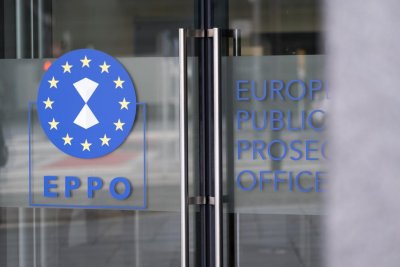
On World Stroke Day, Associate Professors Maria Dimitrova and Nikolay Velinov from Pirogov Hospital highlighted the critical importance of early intervention and preventive measures. Their remarks were made during the programme “The Day Begins” on October 29.
Assoc. Prof. Dr Nikolay Velinov, Head of the Adult Neurosurgery Department at Pirogov University Hospital:
“In principle, it is always best to intervene within the first six hours. We now talk about the so-called golden hour. Practically, this can be challenging, particularly considering transport logistics and emergency services. However, depending on the presence of collateral vessels—small blood vessels that help the brain compensate during a stroke—the critical period can extend to six, twelve, or even more hours. The earlier the intervention, the better. This is the core message of the European Academy of Neurology: ‘Time is brain.’ The sooner treatment is provided, the faster the patient can be saved.

Both thrombolysis and thrombectomy, by restoring blood flow in the blocked vessel, can lead to full recovery. This is particularly significant for younger patients, helping prevent long-term disability and allowing them to return to society and work. Being able to treat patients in this way is one of the major achievements of modern medicine. Twenty years ago, this simply wasn’t possible.”
Assoc. Prof. Dr Maria Dimitrova, Head of the Clinic of Neurological Diseases, Pirogov University Hospital:
“Overall, what we aim for is a process. It takes time, but it is always important to recognise the positive developments—and there are certainly many. This year, numerous documents have been drafted, outlining the guidelines and recommendations we follow. The Bulgarian Society of Neurology has updated these recommendations and incorporated a new medication for systemic thrombolysis, which is used worldwide. It is now available in Bulgaria, providing fully modern and appropriate treatment.In general, the number of hospitals across the country able to perform systemic thrombolysis has increased significantly. Progress may be gradual, but many positive developments are happening. As I said, it takes time, and we hope that, through regular monitoring, we will continue to observe and report more and more encouraging trends.”

Assoc. Prof. Velinov also emphasised that stroke prevention is a long-term commitment and a lifestyle choice.
“Prevention requires lifestyle changes, particularly among older adults. Patients need to monitor blood pressure, cholesterol, and other cardiovascular indicators. Cerebrovascular disease is not isolated. Regular exercise and physical activity are essential. Preventive measures take time; they cannot be achieved in a day or two. Everyone must adjust their personal habits and routines. Smoking and other risk factors play a significant role in vascular health and the development of cerebrovascular disease.”
